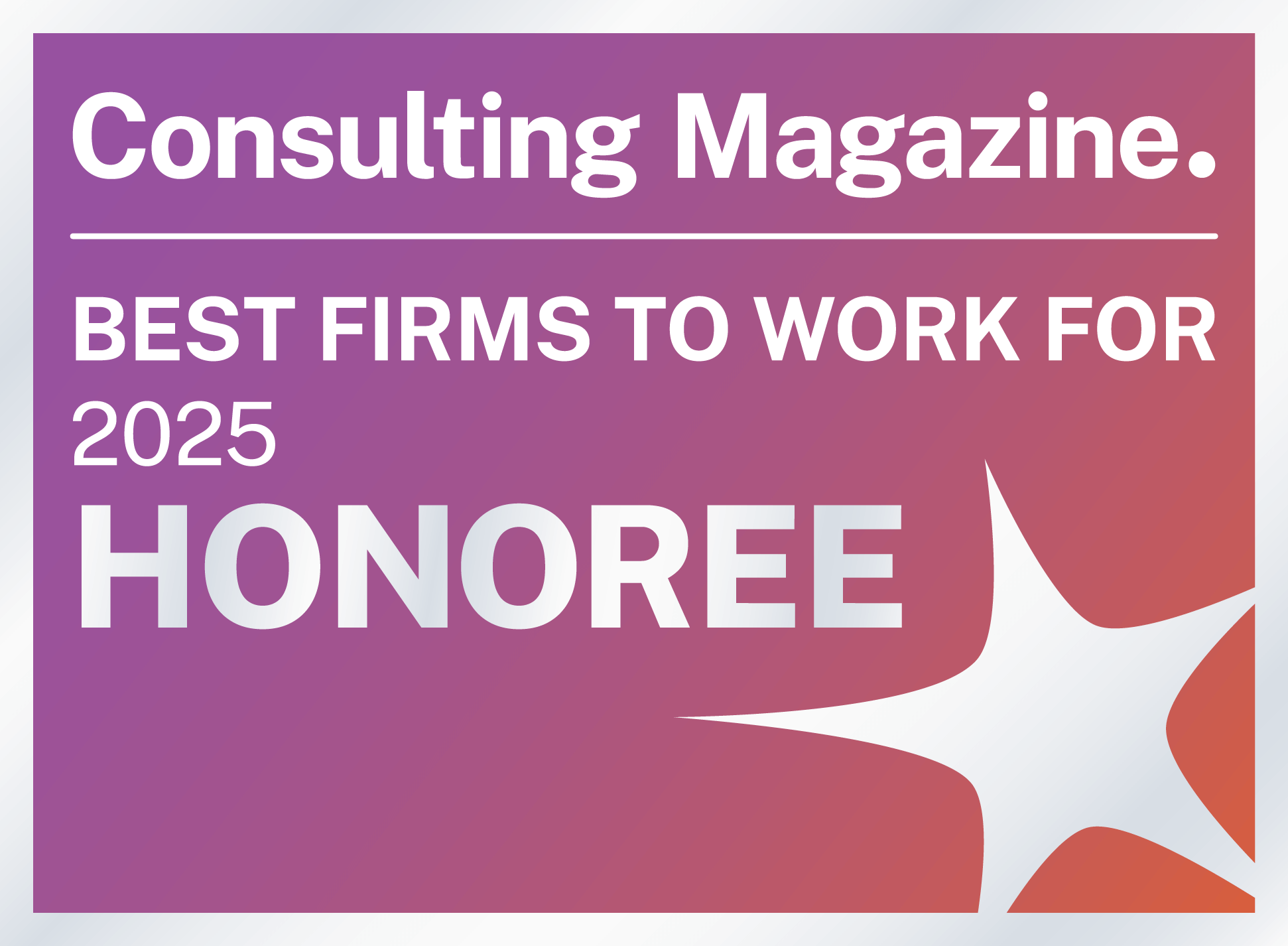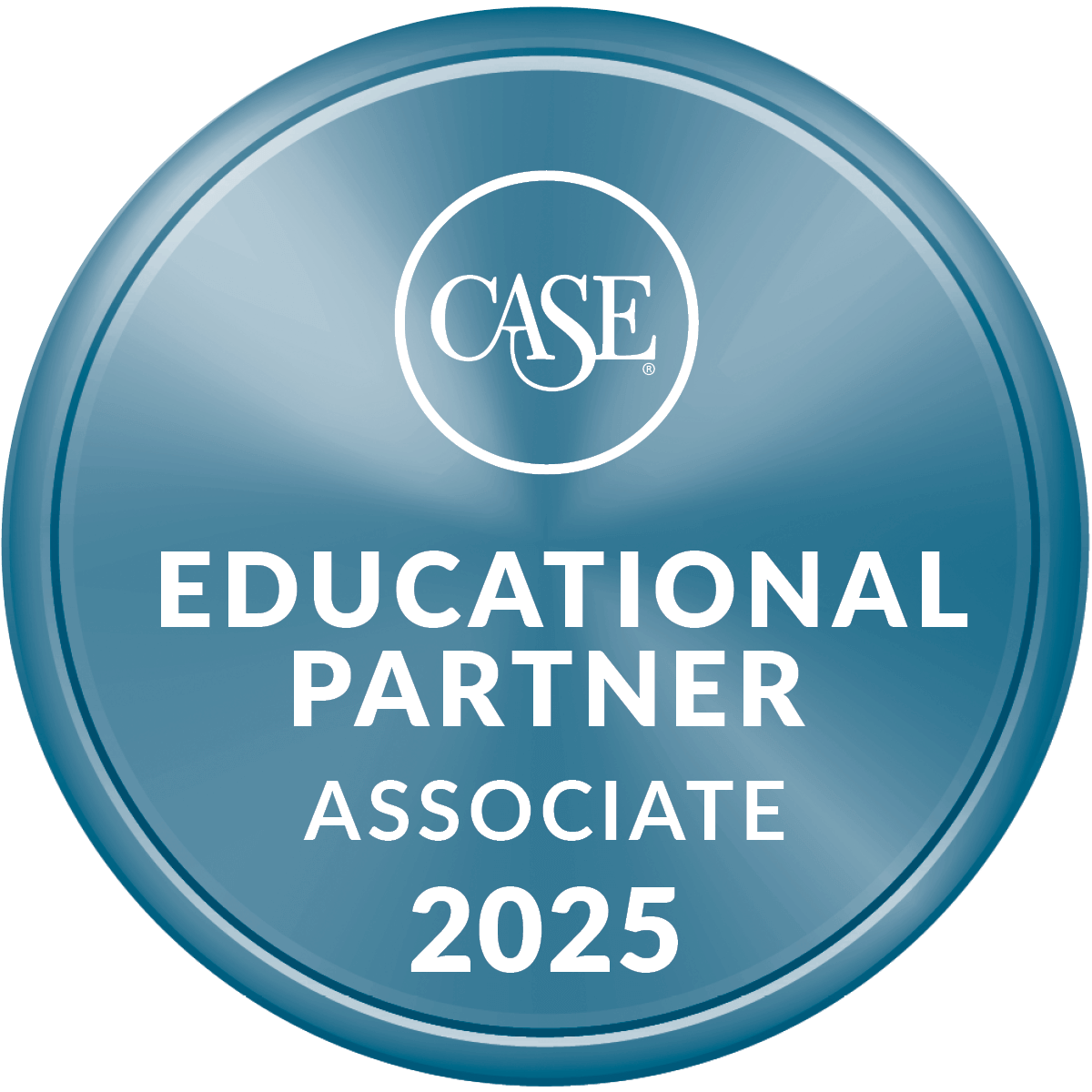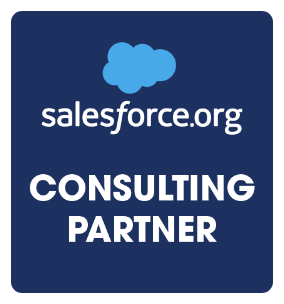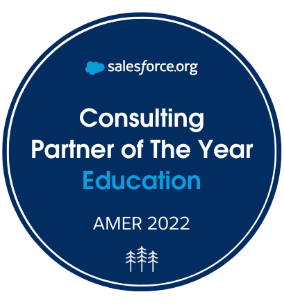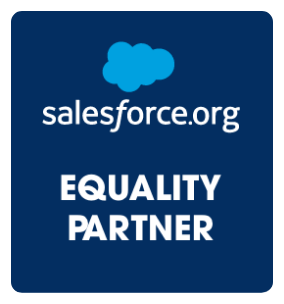Event Details
New Orleans, LA
March 14 - 16, 2022
Attain Partners experts are presenting at several FRA sessions! Learn more about the event here.
Improving Financial Performance with Research Density Metrics
Increasingly, universities, academic medical centers, and other organizations are interested in applying data-driven decision-making across the research enterprise. Many will encounter a number of challenges given the realities of the current environment. These can include reductions in tuition and state subsidies for higher ed institutions and tightening clinical margins for AMCs as well as increasing operational costs and challenges related to COVID-19. This session aims to address some of the concerns, approaches, and methods to consider when attempting to more successfully monitor and measure the financial performance of the research enterprise. Generally, this analysis covers the aforementioned issues with respect to: tracking expenses, space allocations, and space usage; developing and tracking financial performance metrics and targets
Hosted by David Moore and Alexander Brown, Attain Partners
Monday, March 14, 1p – 2p
Addressing Inappropriate Foreign Influence
The latest compliance area to present itself to the research community is that of ‘foreign influence’. Whether from the NIH, the FBI, the Office of Science and Technology Policy or countless other agencies, the message is clear: be concerned about foreign influence. But, what is less clear is everything else – including how to integrate these efforts to reduce ‘foreign influence’ into the culture, practice and administration of research.
Hosted by Susan Sedwick, Attain Partners, and John Baumann, Indiana University
Monday, March 14, 2:45p – 3:45p
Key Components of a Service Center Administration Program
The Service Center session will cover an example of a structured service center administrative and compliance program. The session will begin with the importance of creating such a program and associated compliance related issues. The key components of a program will then be identified. General discussions will be based upon the topics of Service Center policies and procedures. Roles and responsibilities will be covered for all related parties. Finally, the discussion will end with the ownership of the program and decision-making authority.
Hosted by Bill Lambert, Attain Partners, Tesha Garcia-Taylor, Vanderbilt University Medical Center, and Karen Renaud, Boston Children’s Hospital
Monday, March 14, 4:00p – 5:00p
Laissez le bon temps rouler: Forecasting the Future of Research Administration
Never before has the competition for staff been as competitive with turnover rampant. We are truly facing a crisis in staffing offices with competent administrators while providing opportunities for advancement and gaining a breadth of experience in an increasingly specialized field. I will assemble a panel of senior research administrators who will present their views on the future of our profession.
Hosted by Susan Sedwick, Attain Partners, Ara Tahmassian, Harvard University, Eva Bjorndal, King’s College London, and Winona Ward, University of California – San Francisco
Tuesday, March 15, 8:15a – 9:45a
Post-Award Administration for Departmental Administrators
This session will cover all aspects of Post-Award administration starting with the beginning of the Post-Award process, review of award notices and set up of the project within a departmental financial system through the end of the process, assisting the Research Finance Office with the analytics of the final financial report. The presenters will include Post-Award Directors from both an Institute of Higher Education and a Hospital who will identify industry best practices. They will present valuable tips on how to control the grant activity and communicate essentials to both the Principal Investigator and the Central Finance Office.
Hosted by Bill Lambert, Attain Partners, Tesha Garcia-Taylor, Vanderbilt University Medical Center, Rady Rogers, Harvard University, and Karen Renaud, Boston Children’s Hospital
Tuesday, March 15, 10:15a – 11:30a
Financial Best Practices for PI Transfers
When a Principal Investigator (PI) moves from one institution to another, more often than not, existing awards will transfer to the new institution with approval of the original institution and the sponsor. In addition to transfers being a particularly stressful time to both the PI and the institution, award transfers can become arduous with long delays that can negatively affect the PI’s ability to continue the research project uninterrupted. However, if research administrators anticipate transfers and work proactively and collaboratively, we can make the process efficient and develop lasting positive relationships with all involved. Institutional policies and procedures that encourage and support this approach enable administrators to better facilitate the process and responsiveness to the increasingly collaborative research environment and growing faculty workforce mobility. This concurrent session will explore the process and timeline, and the best practices for award transfers from both central and departmental perspectives.
Hosted by Bella DiFranzo, Attain Partners, and Geraldine Pierre, Brandeis University
Tuesday, March 15, 10:15a – 11:30a
Research Administration after Retirement
What do research administrators do after retirement? Some of us retire and find other adventures. Others find another path in research administration. Join others who have found a path to remain active. We’ll share our experiences and how we came to the decision to remain active.
Hosted by Susie Sedwick, Attain Partners, Jerry Fife, Point Consulting Group, and Jamie Caldwell, University of Missouri – Columbia
Tuesday, March 15, 1:00p – 2:15p
WORKSHOP: Compliance and Ethics – A Mutual Agreement (Conflicts of Interest, Commitment and Perspectives)
Historically, responsibility for/external activities managing disclosures of financial conflicts of interest, conflicts of commitment, and institutional conflicts were handled by different units at institutions. Concern about research security and integrity arising from improper influence, especially those involving foreign relationships has never been higher. A siloed approach is no longer feasible or advisable as guidance from federal agencies is increasingly pointing to the need for a more coordinated approach or reconciliation of disclosures collected in separate systems. Explore how institutions can consolidate systems, align questions, and educate researchers to build compliant programs.
Hosted by Susan Sedwick, Attain Partners, and Tolise Dailey, Colorado State University
Wednesday, March 16, 1:00p – 4:30p




